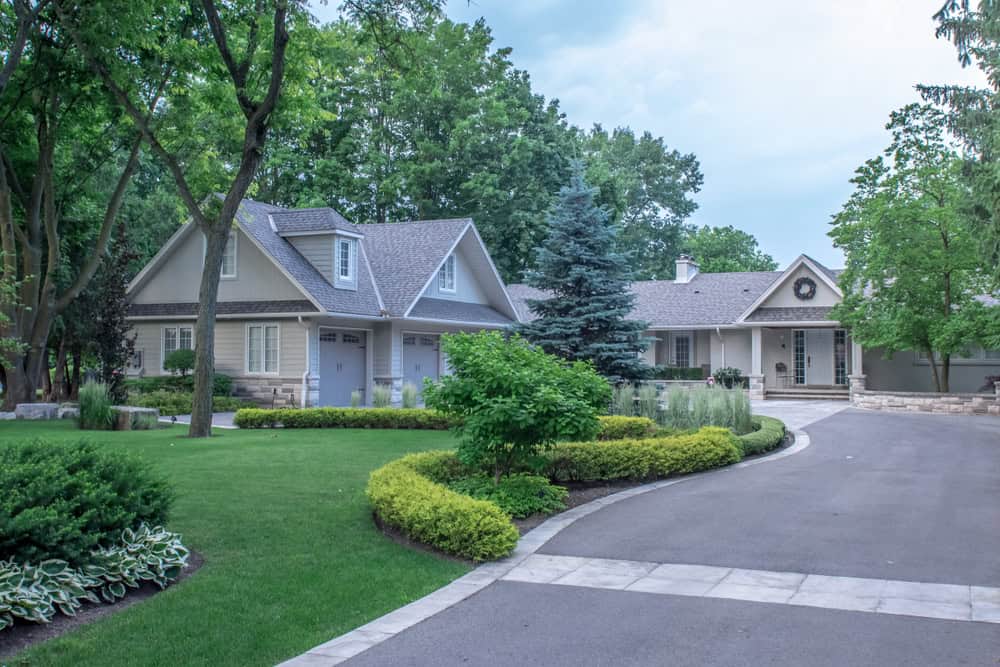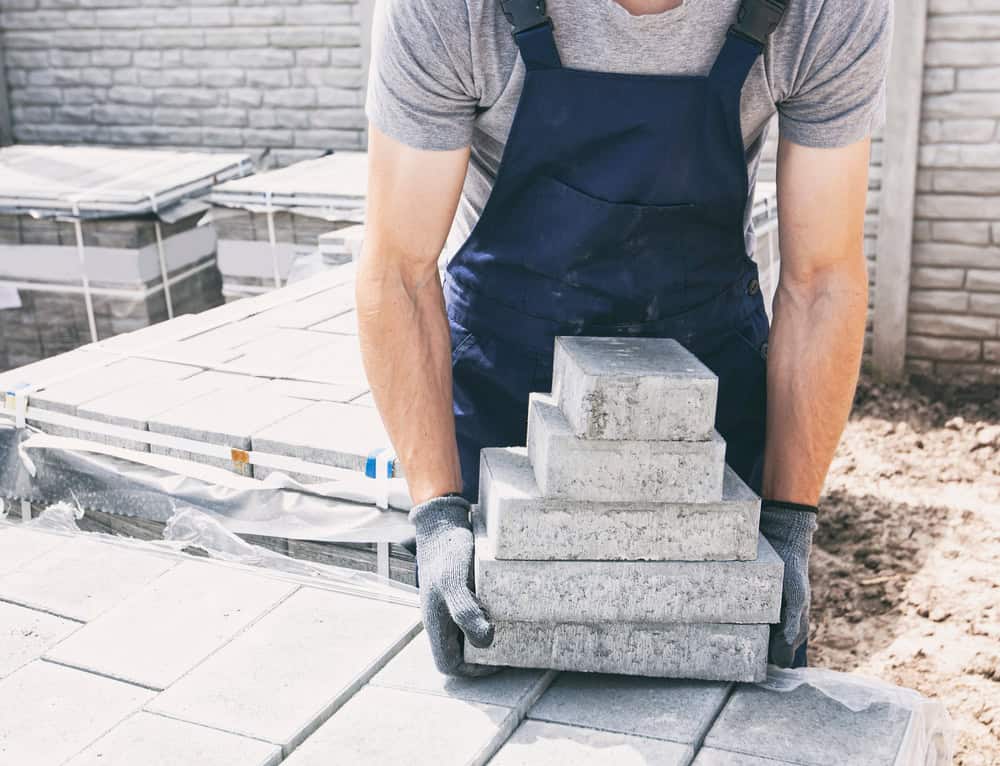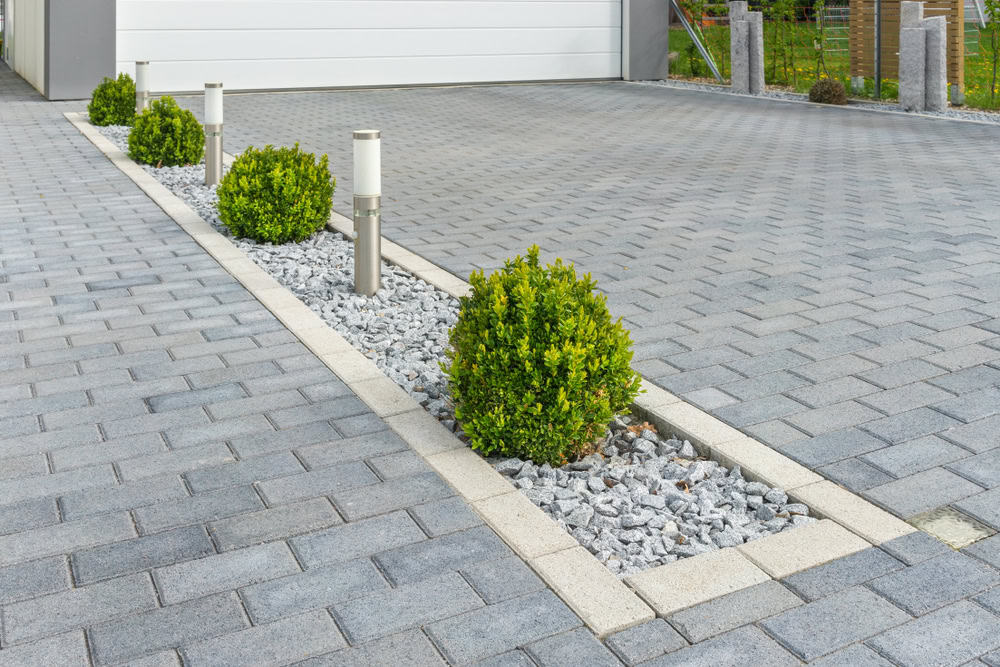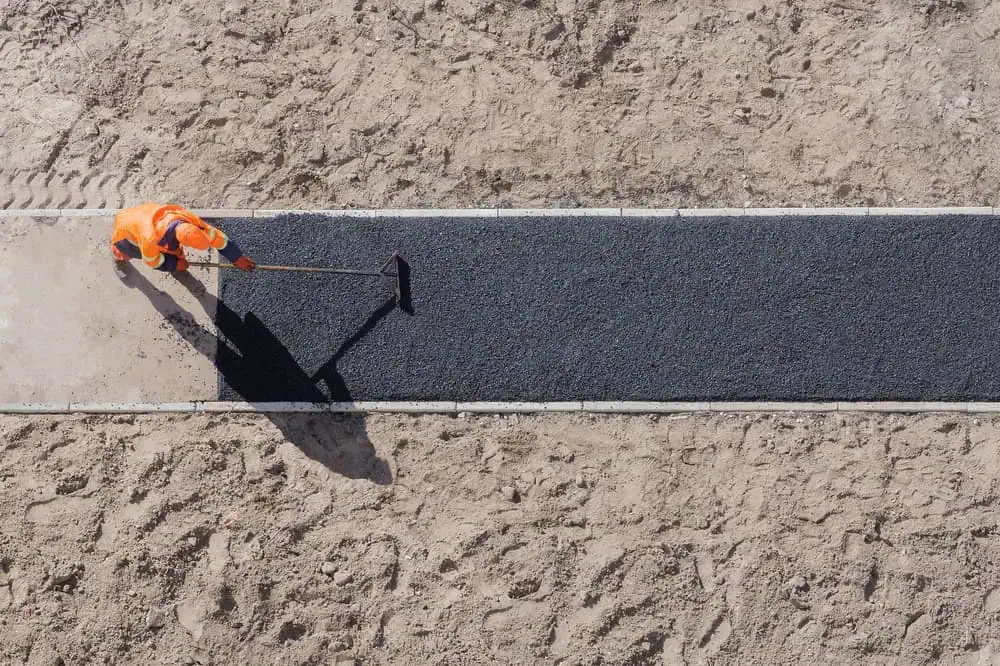Durable paver installation that handles New England weather while creating the outdoor space you’ve always wanted.


Your outdoor space becomes the place everyone wants to gather. No more avoiding that cracked concrete patio or apologizing for the uneven walkway that’s become a safety hazard.
Quality pavers give you a surface that looks great year after year. They handle our Massachusetts freeze-thaw cycles without the cracking and settling that destroys concrete. When one does get damaged, you replace a single paver instead of jackhammering an entire section.
The right paver installation also solves drainage problems that have been driving you crazy. Proper base preparation and grading mean water goes where it should instead of pooling against your foundation or creating ice patches that make you nervous every winter.
Academy Masonry has been installing pavers throughout the North Waltham area for years. We understand the soil conditions, drainage challenges, and weather patterns that affect every paving project in this region.
You’re not getting a crew that learned their trade in Florida trying to figure out New England installation techniques. We know how deep to dig, what base materials work best, and how to grade for proper water management.
Our work stands up because we do it right the first time. That means proper excavation, quality base materials, and installation techniques that account for seasonal ground movement.

First, we excavate to the proper depth based on your soil conditions and intended use. This isn’t guesswork – we dig deep enough to create a stable foundation that won’t shift or settle.
Next comes base preparation with the right materials for our climate. We use graded stone that compacts properly and provides drainage. Each layer gets compacted to specification before we move to the next step.
Then we install edge restraints and level the sand bed where your pavers will sit. The pavers go in according to your chosen pattern, followed by joint sand that locks everything together. Finally, we compact the entire surface and clean up completely.
You get a detailed timeline upfront so you know what to expect each day. Most residential projects take 3-5 days depending on size and complexity.

Ready to get started?
Every paver installation includes proper excavation, base preparation, and professional installation. We don’t cut corners on the foundation work that determines how long your pavers will last.
You’ll see a variety of paver options that work well in our climate. Concrete pavers offer the most design flexibility and color choices. Natural stone provides a premium look that ages beautifully. Brick pavers give you that classic New England appearance.
We handle the details that matter – proper slope for drainage, secure edge restraints, and joint sand application that prevents weed growth and paver movement. Your project also includes cleanup and a walkthrough to make sure everything meets your expectations.
